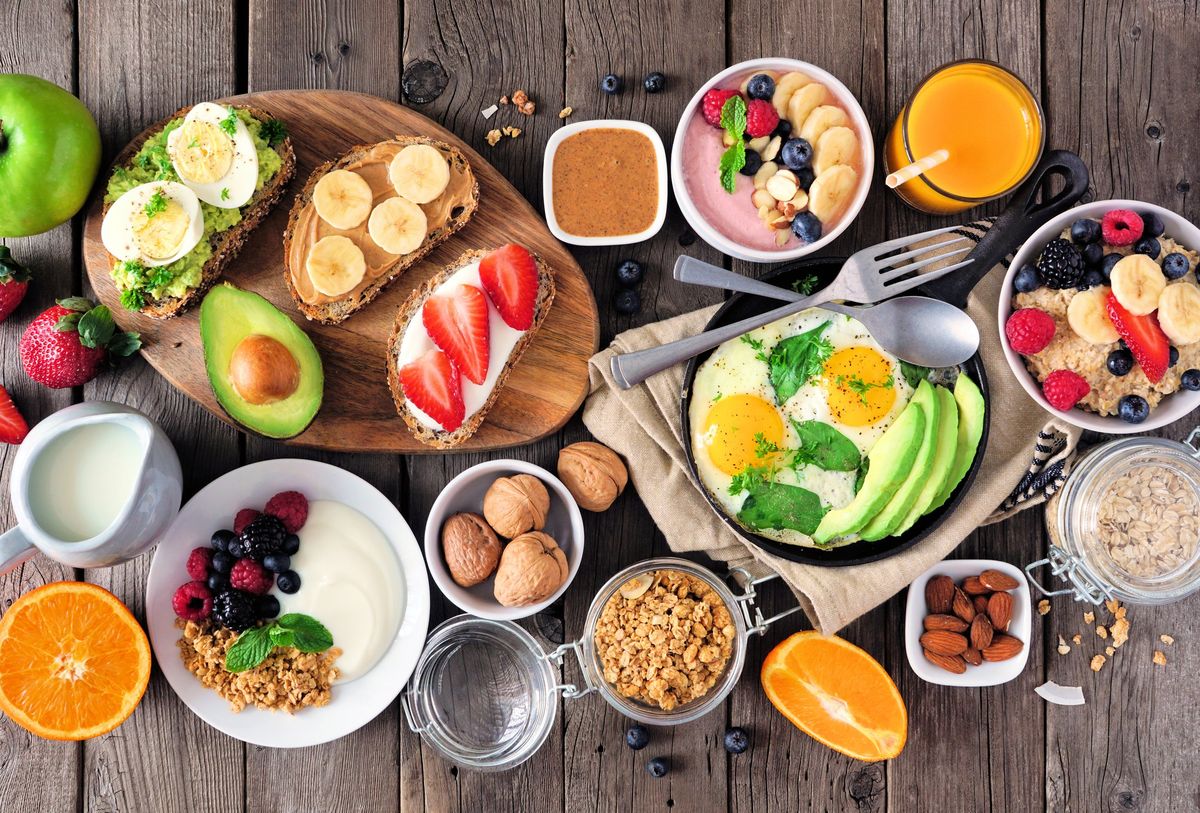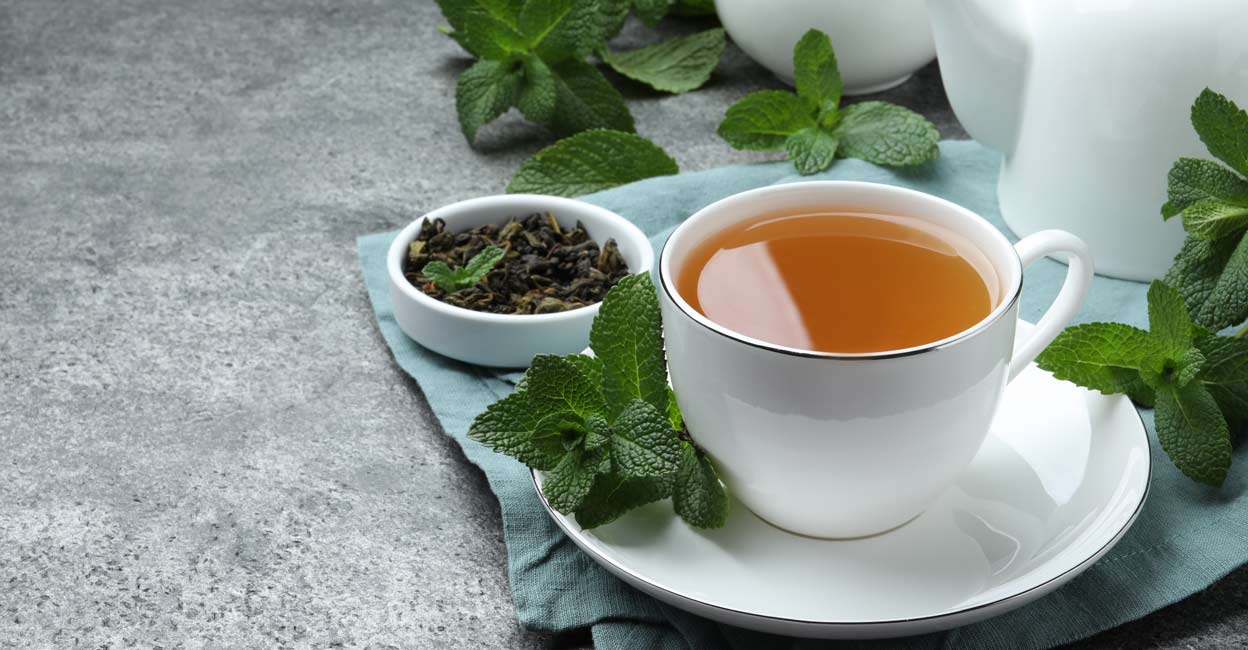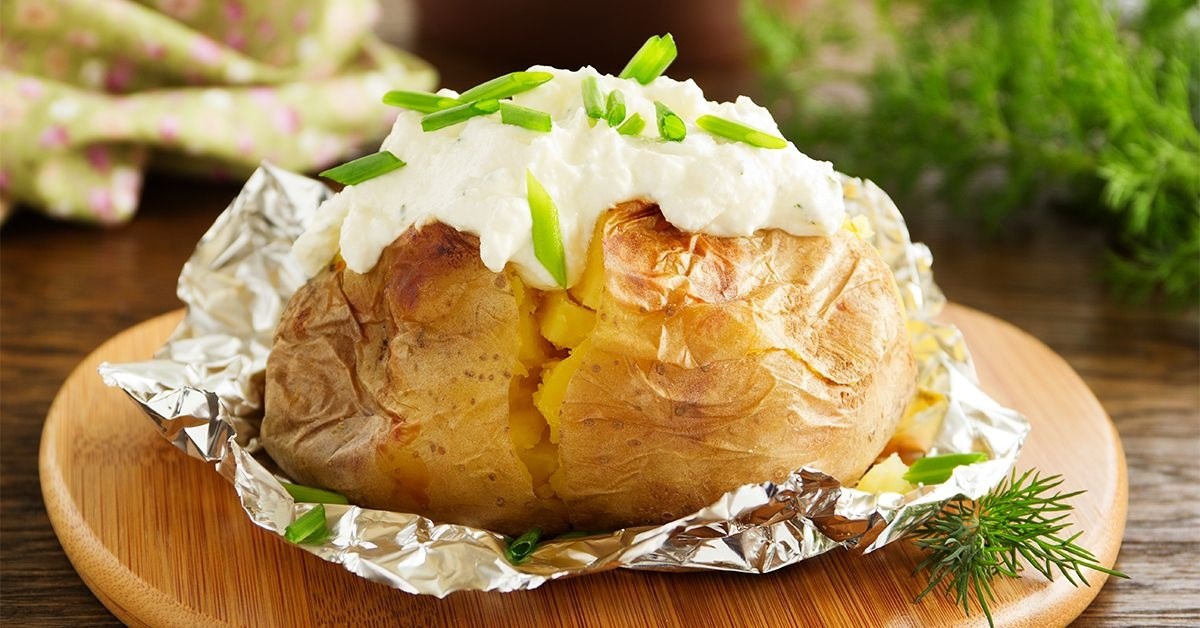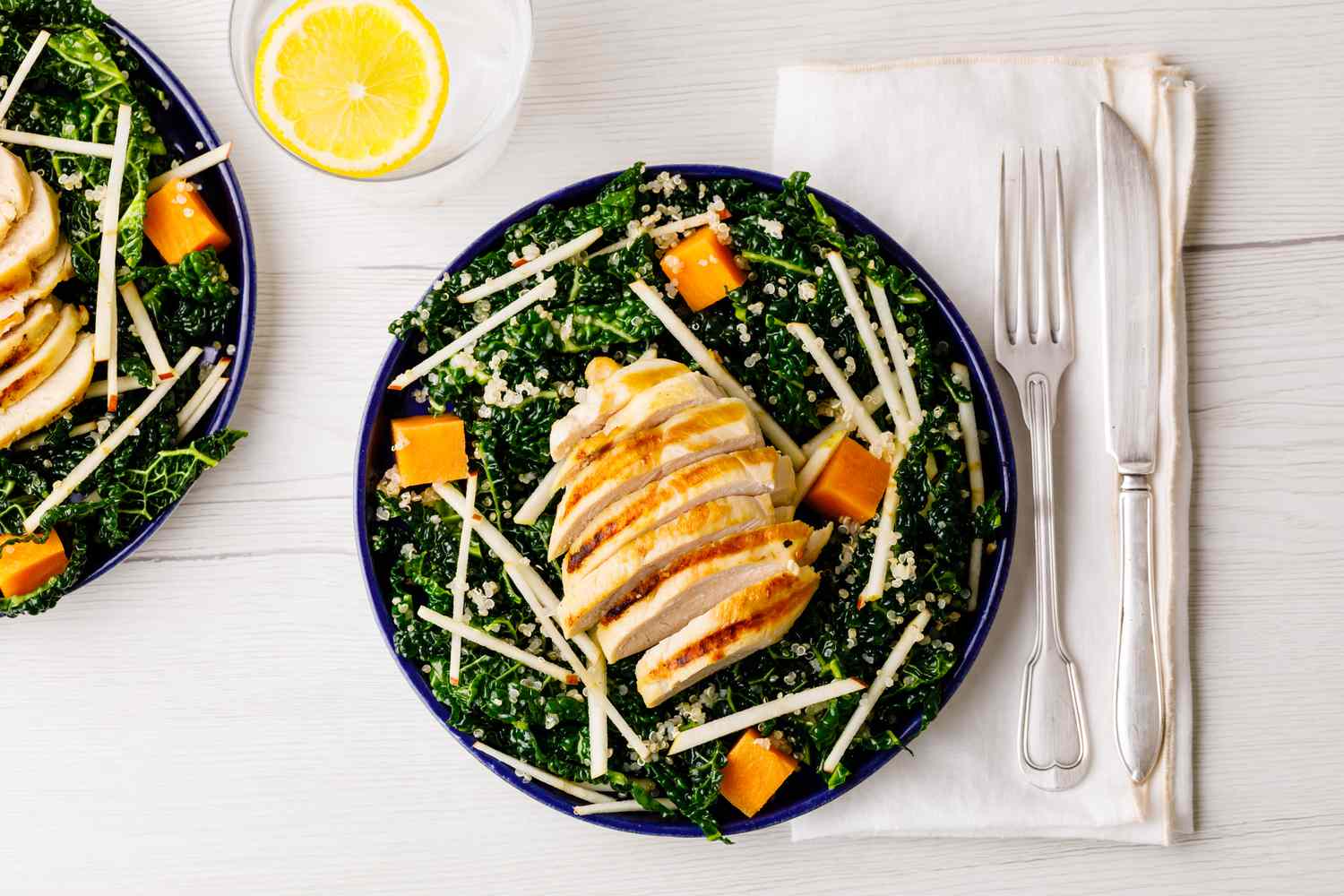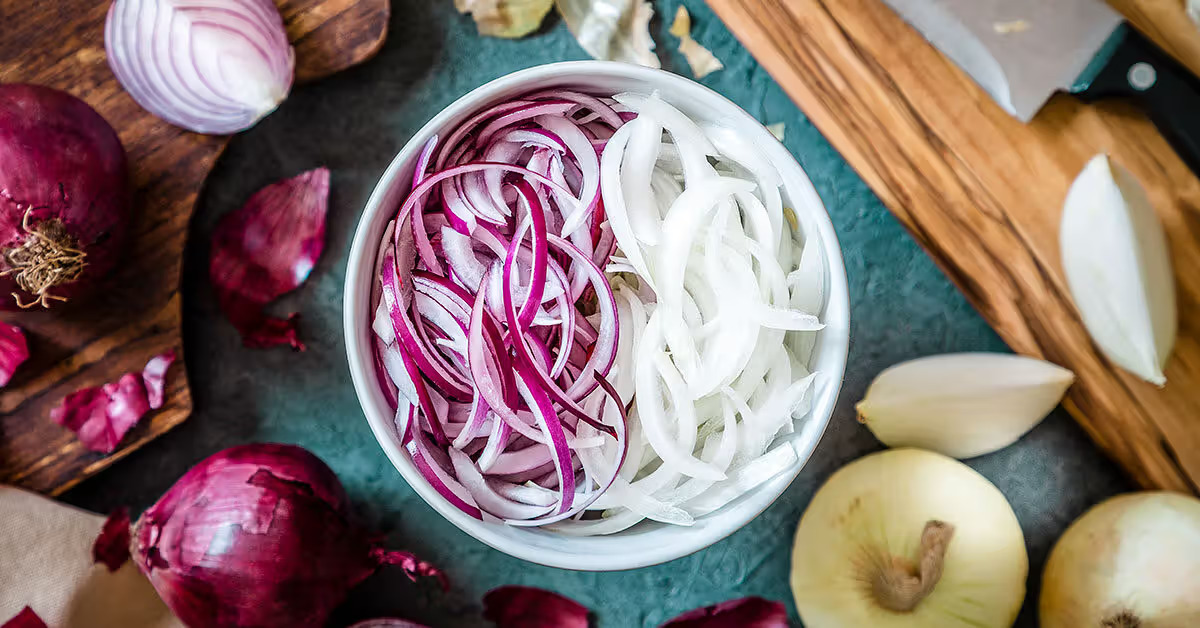Understanding Gastroesophageal Reflux Disease (GERD)
If you suffer from Gastroesophageal Reflux Disease (GERD), you know how challenging it can be to enjoy meals without experiencing discomfort. GERD is a condition where stomach acid flows back into the esophagus, causing symptoms such as heartburn, regurgitation, and difficulty swallowing. However, with some adjustments to your eating habits, you can manage GERD and still savor delicious meals.
Tips for Eating with GERD
Here are some helpful tips to make mealtime more enjoyable while managing GERD:
- Choose the Right Foods: Opt for low-acid fruits like bananas and melons, lean proteins such as chicken and fish, and whole grains like brown rice and quinoa. Avoid acidic and spicy foods, as well as fatty and fried dishes, as these can trigger GERD symptoms.
- Practice Portion Control: Overeating can put pressure on the stomach and lead to acid reflux. Eating smaller, more frequent meals throughout the day can help prevent discomfort.
- Stay Upright After Eating: Avoid lying down or bending over immediately after a meal, as this can allow stomach acid to flow back into the esophagus. Instead, remain upright for at least two to three hours after eating.
- Chew Thoroughly: Taking the time to chew your food thoroughly can aid digestion and reduce the likelihood of acid reflux. Eating slowly and savoring each bite can also help prevent overeating.
- Limit Trigger Beverages: Certain beverages, such as coffee, tea, and carbonated drinks, can exacerbate GERD symptoms. Opt for water, herbal teas, or non-citrus juices instead.
Mealtime Strategies for GERD
When it comes to meal planning and preparation, there are several strategies that can help minimize GERD symptoms:
- Modify Recipes: When cooking at home, consider making adjustments to recipes to reduce their acidity and fat content. For example, use less oil when sautéing and replace acidic ingredients with milder alternatives.
- Experiment with Seasonings: While certain spices and seasonings can trigger GERD, others may be well-tolerated. Experiment with different herbs and spices to add flavor to your meals without causing discomfort.
- Choose Cooking Methods Wisely: Opt for baking, grilling, or steaming instead of frying, as these methods result in lighter, less greasy dishes that are gentler on the digestive system.
- Create a Relaxing Environment: Enjoying meals in a calm, stress-free environment can promote better digestion. Minimize distractions, take your time, and focus on the sensory experience of eating.
Additional Lifestyle Considerations
While dietary modifications play a significant role in managing GERD, there are other lifestyle factors to keep in mind:
- Maintain a Healthy Weight: Excess weight can put pressure on the abdomen, leading to increased reflux. By maintaining a healthy weight through diet and exercise, you can reduce the frequency and severity of GERD symptoms.
- Wear Loose-Fitting Clothing: Tight clothing, especially around the waist, can exacerbate GERD symptoms. Opt for looser, more comfortable attire to minimize abdominal pressure.
- Stay Hydrated: Drinking an adequate amount of water throughout the day can help dilute stomach acid and promote healthy digestion. Aim to consume at least eight glasses of water daily.
- Practice Stress-Relief Techniques: Stress and anxiety can contribute to GERD symptoms. Engage in activities that help you relax, such as yoga, meditation, or deep breathing exercises.
Consult with a Healthcare Professional
If you are struggling to manage GERD symptoms through dietary and lifestyle adjustments, it’s essential to seek guidance from a healthcare professional. A gastroenterologist or registered dietitian can provide personalized recommendations to help you navigate mealtime with greater ease.
By implementing these strategies and staying mindful of your eating habits, you can enjoy satisfying meals while minimizing the discomfort associated with GERD.

